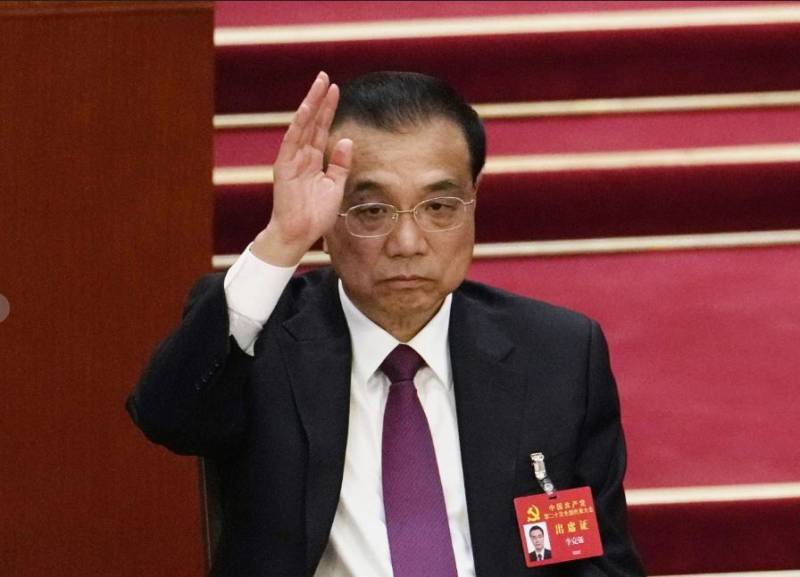Beijing (Web Desk/Agencies) Former Chinese Premier Li Keqiang died at the age of 68 in Shanghai on Friday.
"Comrade Li Keqiang, while resting in Shanghai in recent days, experienced a sudden heart attack on October 26 and after all-out efforts to revive him failed, died in Shanghai at ten minutes past midnight on October 27," state broadcaster CCTV reported.
Li was premier and head of China's cabinet under Xi for a decade until stepping down from all political positions in March.
During his 10-year tenure as premier under Xi, Li cultivated an image as a more modern Communist Party loyalist compared to his stiffer colleagues.
Li was born in Anhui province in eastern China, a poor farming area where his father was an official and where he was sent to toil in the fields during the Cultural Revolution.
While studying law at the prestigious Peking University, Li befriended ardent pro-democracy advocates, some of whom would become outright challengers to party control.
The confident English speaker was immersed in the intellectual and political ferment of the decade of reform under Deng. That period ended in the 1989 pro-democracy Tiananmen Square protests that the military crushed.
After graduation, Li joined the Communist Party's Youth League, then a reformist-tinged ladder to higher office.
He rose in the Youth League while completing a master’s degree in law and then an economics doctorate under Professor Li Yining, a well-known advocate of market reforms.
Li's political experience as a provincial leader in Henan, a poor and restless rural belt of central China, was marred by accusations of cracking down after an AIDS scandal.
He also served as party chief of Liaoning, a rustbelt province striving to attract investment and reinvent itself as a modern industrial heartland.
Li's patron was Hu Jintao, a former president from a political faction loosely based around the Youth League. After Xi took over as party chief in 2012, he took steps to break up the faction.
He is survived by his wife Cheng Hong, a professor of English, and their daughter.


